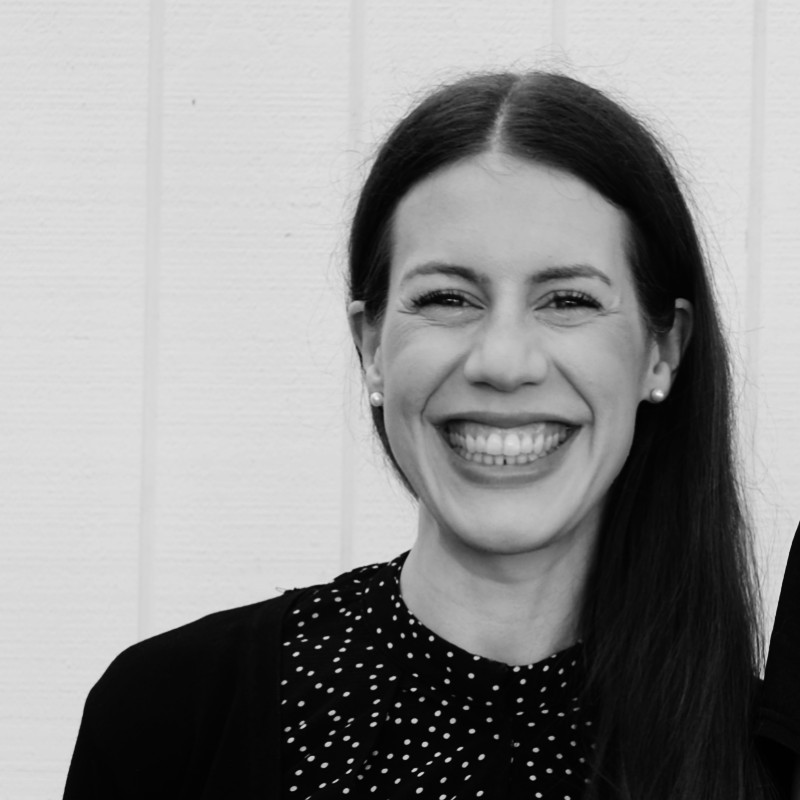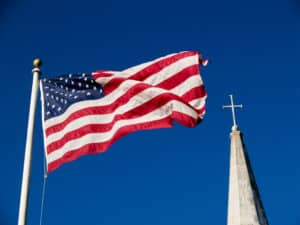
Kirralee Nicolle
26 May 2022
The Anglican Church has been urged to improve accessibility of its governance forums, despite a motion in favour of increased accessibility failing to pass at General Synod.
General Synod delegates experiencing a disability, illness, injury or medical condition are not permitted to join meetings via videoconference due to their medical requirements.
Melbourne lay delegate at this year’s General Synod Elizabeth Culhane proposed an amendment to a bill which dealt with the ways in which delegates were permitted to attend meetings.
The proposed amendment sought to ensure that those who “by reason of a temporary or permanent disability, disease or illness, medical condition, or injury” were unable to attend or would find it difficult to attend were able to join the proceedings via videoconference.
General Synod did not pass the amendment, though initially it was agreed to by a narrow majority.
The following day, the amendment was called into question and revoked.
Read more: Family violence in Indigenous and First Nations communities, Safe Churches motions endorsed | General Synod Day 3
Ms Culhane said she was surprised that the matter was considered controversial.
“Participation should not be determined by a person’s physical abilities,” Ms Culhane said.
“Accessibility affects everyone, because most, if not all, people will experience disability at some point in their lives.
“If not a disability, most of us will probably experience some kind of differing ability for a period of time.”
She said that electronic participation and voting had worked well at this year’s General Synod.
Ms Culhane said that the members who wished to register to attend via Zoom due to disability or illness were valuable despite being small in number.
Read more: Same-sex marriage motion lost at General Synod | General Synod Day 4
“The invitation for the church is to not treat accessibility as a matter of a special privilege to be judged on the basis of reasonableness or merit, or as a benefit that the ‘capable’ might consider extending to the ‘weak’.
“The qualifications for contributing to our church laws and resolutions about governance, ritual, ceremony and discipline should be determined on the basis of Spirit-given gifts of wisdom, character, and competence.”
Bendigo Bishop Matt Brain said he believed Ms Culhane had raised a great topic, and “one [by which] we would be poorer for not [having paid] attention”.
Bishop Brain was previously a physiotherapist assisting children experiencing cerebral palsy.
He said there was an issue with focusing on the cost of finding solutions rather than focusing on assisting delegates to interact to their best ability.
But Bishop Brain also said that he was grateful that a later motion was passed which attempted to address some of the concerns raised by Ms Culhane.
An additional motion was proposed by the original movers of the Bill and later passed. This motion tasked the Standing Committee with the following responsibility:
“That this Synod requests the Standing Committee to develop the
reasonably required measures, including legislation, to enable
greater accessible participation, including online and in-person
attendance in meetings of the General Synod, particularly by
persons unable to attend or participate physically in such meetings
by reasons such as disability, disease or illness, medical condition
or injury and that any legislation required be presented to a special
session of General Synod, held by video conference, at least one
year before the next ordinary session of General Synod.”
For more faith news, follow The Melbourne Anglican on Facebook, Twitter, or subscribe to our weekly emails.







